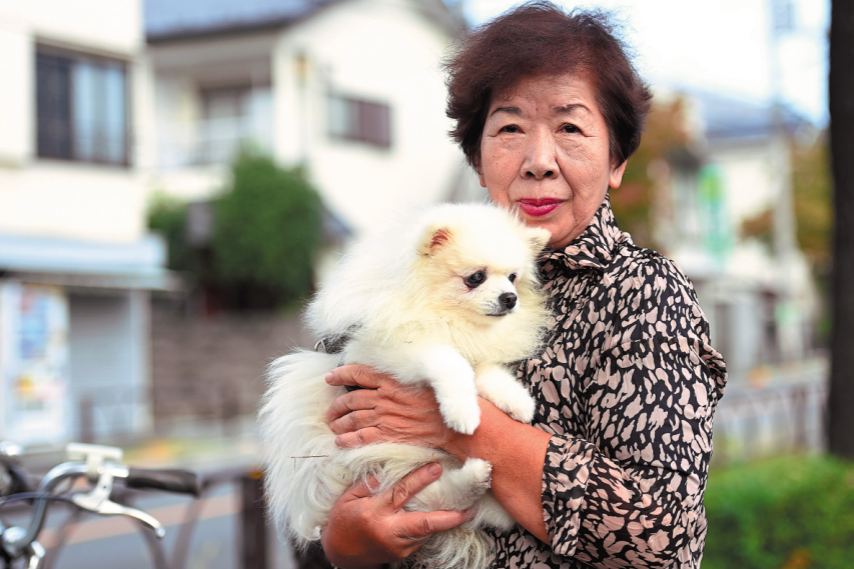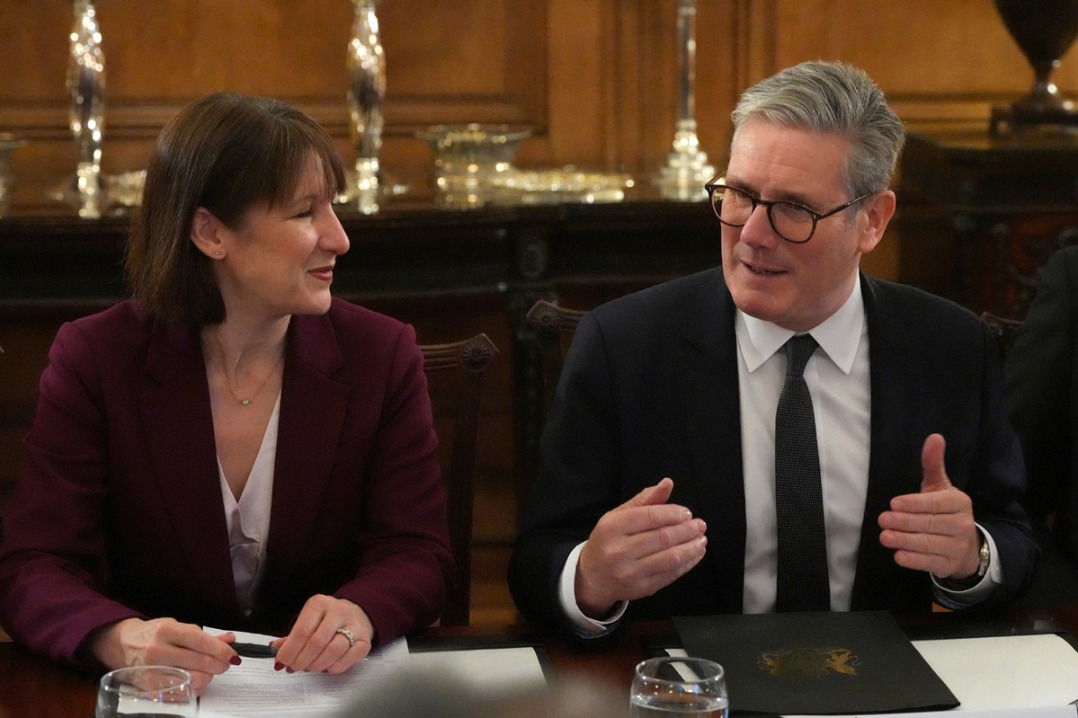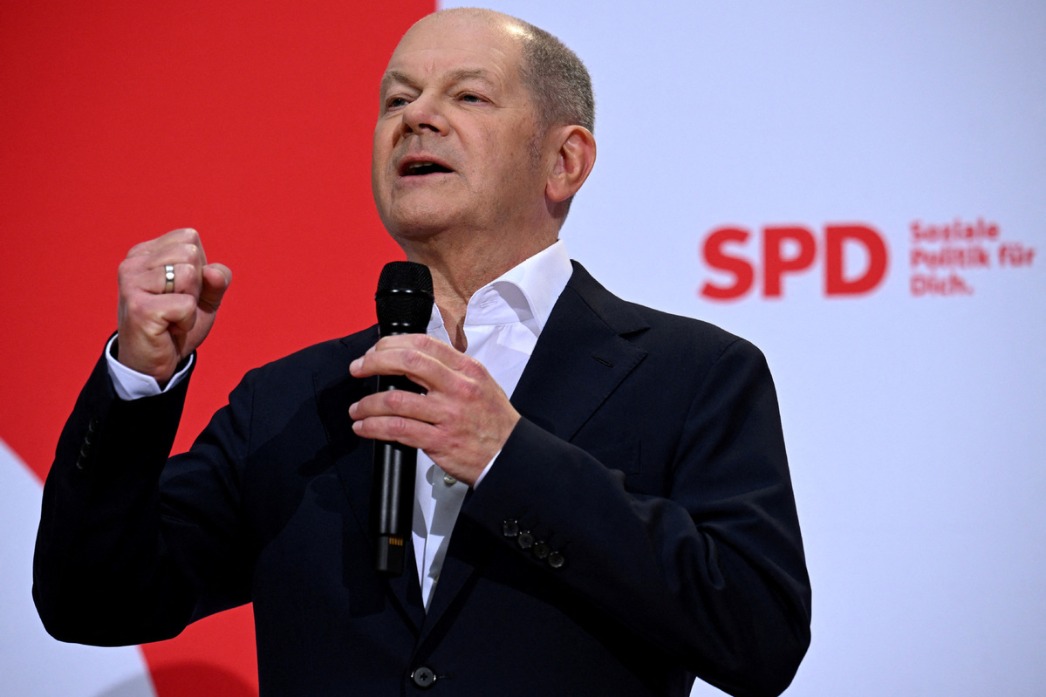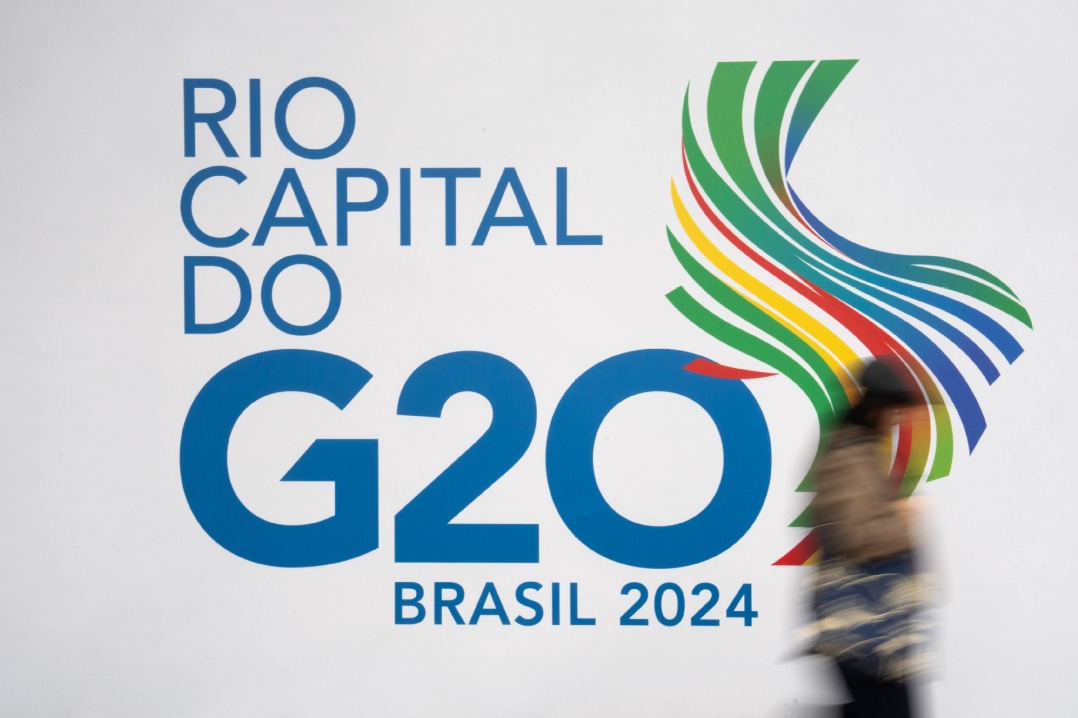Bolstering China ties will benefit EU: Hungarian envoy


When Mate Pesti first came to China to study in 2007, he anticipated a decade or even a century where China's rapid socioeconomic rise would position it as a dominant global power.
Today, as Hungary's ambassador to China, Pesti sees that vision unfolding and believes that strengthening cooperation with China will benefit not only Hungary but also the entire European Union.
"If you have strong leadership and strategic views, plus you have 1.4 billion people who don't want to live off benefits, but they actually want to work, you are bound to be very successful," he told China Daily in an exclusive interview.
As this year marks the 75th anniversary of diplomatic relations between China and Hungary, Pesti expressed confidence that bilateral ties will only grow stronger, underpinned by deepening political alignment, closer people-to-people exchanges, and enhanced cooperation on global challenges.
Hungary was one of the first countries to recognize the People's Republic of China on Oct 4, 1949, and just two days later, on Oct 6, the two countries established diplomatic relations.
"The China-Hungary relationship has deepened steadily in the past decade and, in many ways, is at its peak today," Pesti said, adding he expects this momentum to continue in the years ahead.
Hungary is the third-largest trading partner of China in the Central and Eastern European area, while China remains Hungary's largest trading partner outside the European Union. Statistics show that the central European country received 44 percent of all Chinese foreign direct investment in Europe in 2023.
During President Xi Jinping's state visit to Hungary in May, bilateral relations were elevated to an all-weather comprehensive strategic partnership for the new era, marking a new milestone in the bilateral relationship.
Pesti said the new positioning of bilateral relations shows that "the two countries are always committed to consultation and dialogue no matter what kind of political tensions we face in the world and no matter how our ideas might be different in some issues".
The ambassador emphasized the resilience of the China-Hungary relationship. "It is able to withstand not just geopolitical shocks, but growing hostility toward Chinese interests in the EU and beyond," he said.
Last month, the European Commission finalized its decision to impose additional tariffs on Chinese-made electric vehicles, which Hungary voted against.
Pesti noted that for Hungary and China, both of which prioritize development and growth, connectivity and cooperation are much preferred over the decoupling of global supply chains.
"For Hungary, any kind of trade destruction or barrier is very dangerous," Pesti said, adding that free trade rather than protectionism offers the best path forward for Hungary and the region.
Positioning Hungary as a bridge between the East and the West, the ambassador said his country is willing to act as a mediator between China and Europe, promoting dialogue that aligns with Hungarian, European and Chinese strategic goals.
Pragmatic approach
"We hope that Hungary's support for a more pragmatic approach toward China will be seen as an example of how the EU can engage with Beijing in a mutually beneficial way," he said.
In recent years, Hungary has become an increasingly popular destination for Chinese tourists, with 21 direct flights per week connecting Budapest to seven Chinese cities, including Beijing, Shanghai, Xi'an in Northwest China's Shaanxi province and Guangzhou in South China's Guangdong province.
Pesti said his country would like to further its people-to-people exchanges with China, which serves as the foundation for relations in all other areas.
While initiatives like the Confucius Institute in Hungary have played a role in promoting the Chinese language and culture, the ambassador said the Liszt Institute in Beijing shall continue to introduce Hungarian art and culture to a large number of young Chinese people.
It is also hoped that there will be more scholarships and exchange programs for students from both Hungary and China, which can enhance mutual understanding and foster a generation more attuned to each other's cultures, Pesti said.
mojingxi@chinadaily.com.cn































